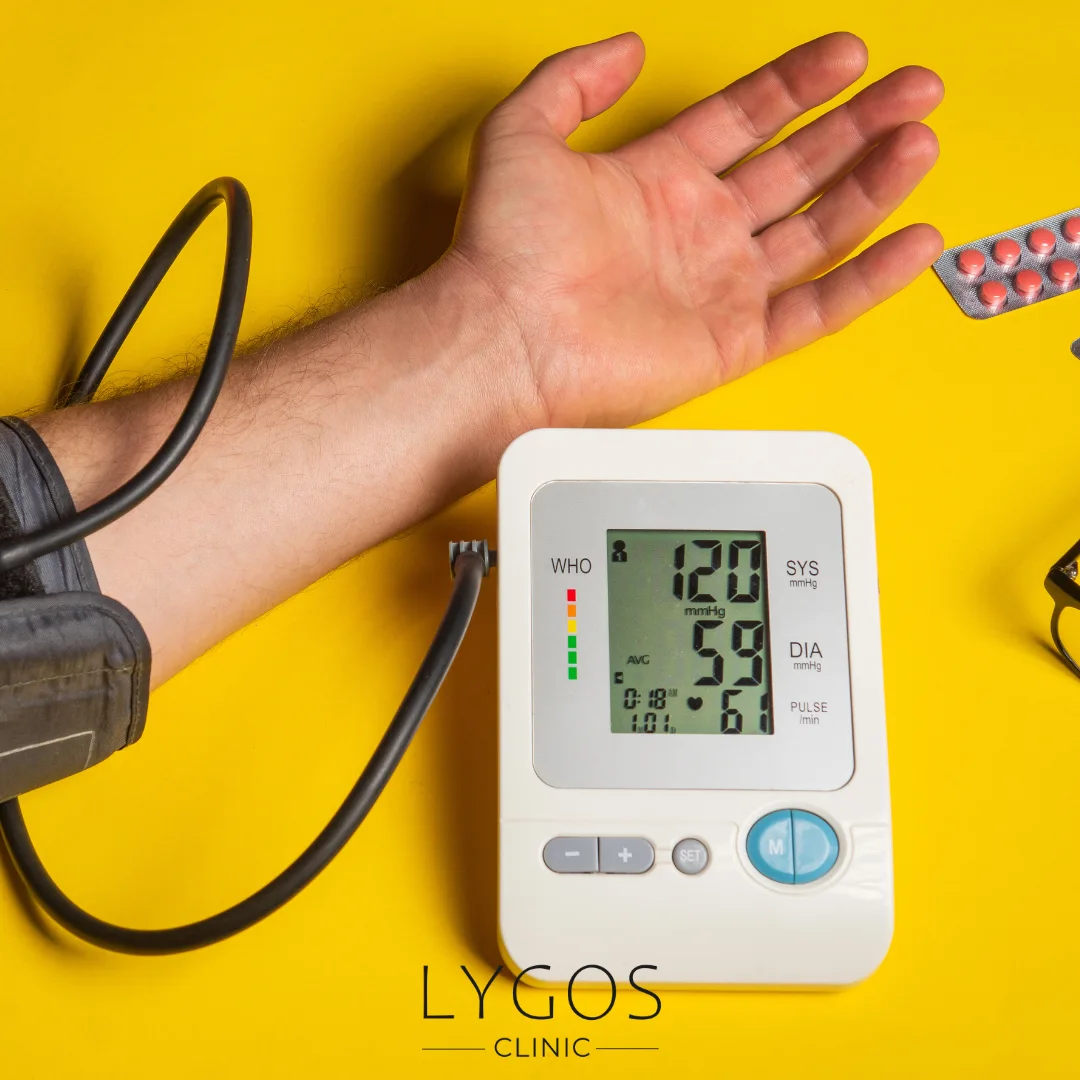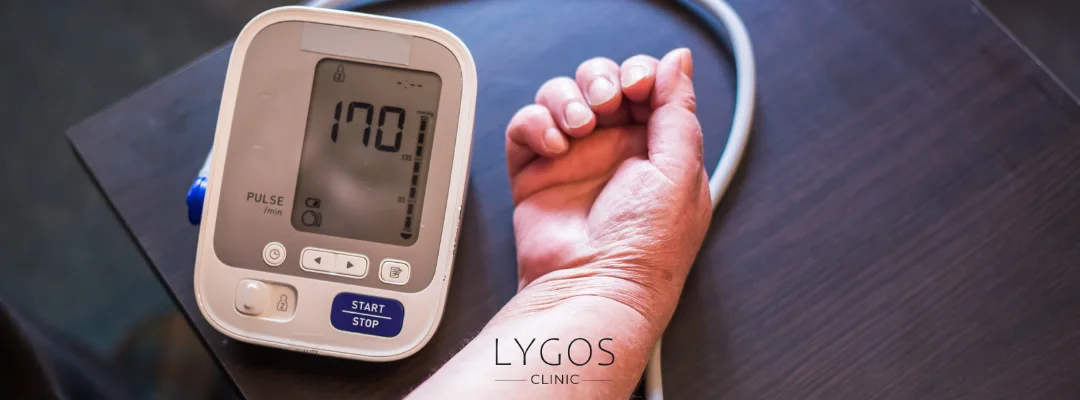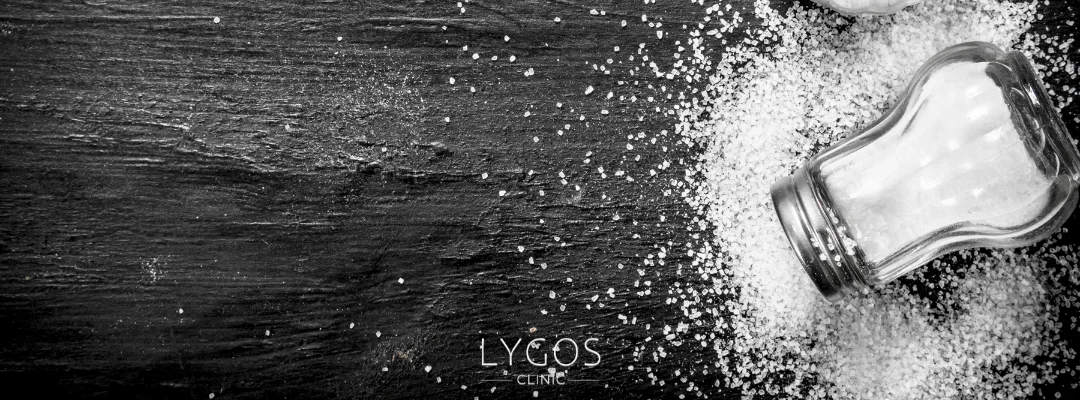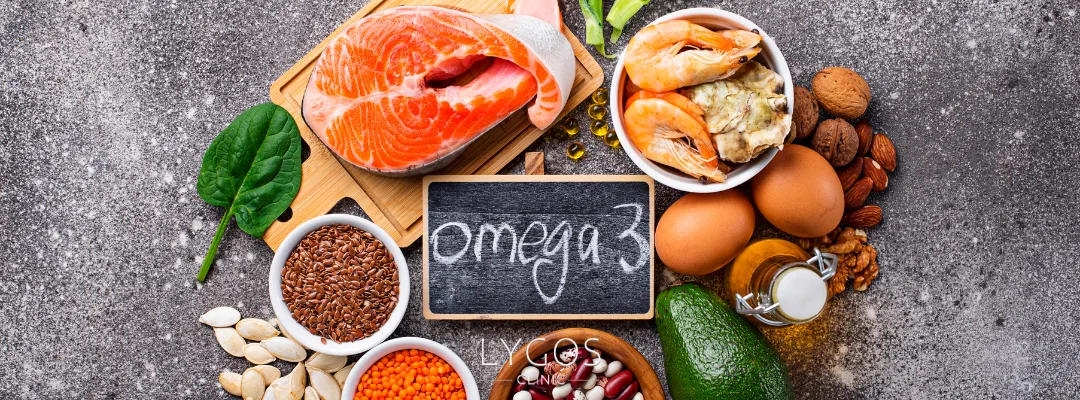What Lowers Blood Pressure? | What Are the Treatment Methods?

Chose Your Topic
What Lowers Blood Pressure?
Blood pressure is the force exerted by the blood on the walls of the blood vessels. Normal blood pressure plays a crucial role in delivering oxygen and nutrients throughout the body. However, when this pressure is high, it can have negative effects on the heart, blood vessels, and other organs.
High blood pressure (hypertension) often shows no symptoms and can lead to serious health problems over time. In this article, we will explore what blood pressure is, the causes of high blood pressure, what lowers blood pressure, and how natural methods can help control high blood pressure.

What is Blood Pressure?
Blood pressure is the force exerted by the blood on the walls of the blood vessels, typically measured using two values: systolic (upper) and diastolic (lower) pressure. Systolic pressure is the instantaneous pressure when the heart contracts and pumps blood into the arteries, while diastolic pressure is the pressure when the heart is at rest. A normal blood pressure reading is typically 120/80 mmHg. A reading of 140/90 mmHg or higher indicates high blood pressure. So, what lowers blood pressure? The answers to this question can be found in the rest of this article.
High blood pressure can lead to serious health problems, such as heart disease, kidney failure, stroke, and eye issues, due to the long-term excessive strain on the blood vessels. So, what lowers blood pressure?
What Are the Causes of High Blood Pressure?
There are several factors that can contribute to high blood pressure. Some of them include:
- Genetic Factors: Individuals with a family history of high blood pressure are at higher risk of developing hypertension.
- Being Overweight: Excess body weight increases pressure on the blood vessels and can lead to high blood pressure.
- Lack of Physical Activity: Not exercising regularly can weaken the blood vessels and raise blood pressure.
- Excessive Salt Intake: Consuming too much salt leads to fluid retention, which increases blood pressure.
- Alcohol and Smoking: Both alcohol consumption and smoking can increase blood pressure and decrease the flexibility of the blood vessels.
- Stress: Chronic stress and anxiety can contribute to increased blood pressure.
- Age: As people age, their blood vessels may lose elasticity, which can result in higher blood pressure.
- Unhealthy Diet: A diet high in fats and sugars can increase the risk of high blood pressure.

What Lowers Blood Pressure?
There are various methods to lower blood pressure, including lifestyle changes and medical treatments. So, what lowers blood pressure? Here are some things you can do:
- Regular Exercise: Engaging in at least 150 minutes of moderate exercise each week can help regulate blood pressure. Regular exercise is one of the answers to the question, what lowers blood pressure?
- Healthy Eating: Consuming fresh vegetables, fruits, whole grains, and low-fat foods can help maintain blood pressure levels. So, what lowers blood pressure? A healthy diet plays a vital role here.
- Reducing Salt Intake: Limiting daily salt intake to less than 5 grams can help lower blood pressure. This is another answer to the question, what lowers blood pressure?
- Maintaining a Healthy Weight: Losing excess weight reduces strain on the heart and blood vessels, helping to regulate blood pressure.
- Managing Stress: Stress-reducing activities such as meditation, deep breathing exercises, and yoga can be effective in lowering blood pressure. What lowers blood pressure? Reducing stress is a key factor.
- Quitting Smoking: Smoking puts pressure on the blood vessels and can raise blood pressure. Quitting smoking can improve blood pressure levels. This is another answer to the question, what lowers blood pressure?
- Limiting Alcohol Consumption: Excessive alcohol intake can increase blood pressure. Reducing alcohol consumption can help lower blood pressure.
What Helps High Blood Pressure?
Certain foods and natural treatments can help manage high blood pressure. Here are some answers to the question, what lowers blood pressure?
- High-Fiber Foods: Foods that are high in fiber can help lower blood pressure. For example, oats, whole grains, beans, and vegetables are beneficial. What lowers blood pressure? High-fiber foods are one of the answers.
- Potassium-Rich Foods: Potassium helps balance the effects of sodium and can help lower blood pressure. Bananas, avocados, and potatoes are examples of potassium-rich foods.
- Garlic: Garlic helps dilate the blood vessels, promoting better blood flow and lowering blood pressure.
- Olive Oil: Olive oil, which contains healthy fats, can contribute to controlling blood pressure.
- Green Tea: Green tea, with its high antioxidant content, helps improve vascular health and can lower blood pressure. What lowers blood pressure? Green tea is one of the answers.
What Are the Treatment Methods for Lowering Blood Pressure?
Various treatments are used to manage high blood pressure. These include:
- Medications: Doctors may prescribe various medications to help control high blood pressure. These medications may include diuretics, ACE inhibitors, beta-blockers, and calcium channel blockers. What lowers blood pressure? Medications can be part of the solution.
- Lifestyle Changes: Adopting a healthy diet, engaging in regular physical activity, and limiting smoking and alcohol intake are essential in managing high blood pressure.
- Managing Diabetes and Cholesterol: High blood pressure is often linked with diabetes and high cholesterol. Managing these conditions can help regulate blood pressure.

Natural Methods for Lowering High Blood Pressure
Natural methods can often be used alongside medication and tend to have fewer side effects. Here are some natural ways to lower blood pressure:
- Herbal Teas:: Teas made from herbs like Ginkgo Biloba, rose hips, and hibiscus can help lower blood pressure.
- Magnesium Supplements: Magnesium helps relax the muscles and can contribute to lowering blood pressure.
- Omega-3 Fatty Acids: Omega-3 fatty acids help protect the blood vessels and can lower blood pressure. These can be found in fish, walnuts, and chia seeds.
What Lowers Blood Pressure? Frequently Asked Questions (FAQ)
Blood pressure is the force exerted by circulating blood on the walls of the arteries. It is measured using two values: systolic (when the heart beats) and diastolic (when the heart rests). A normal blood pressure reading is typically 120/80 mmHg.
High blood pressure can be caused by a variety of factors, including genetics, excess weight, lack of physical activity, poor diet (especially high salt intake), stress, smoking, alcohol consumption, and aging.
There are several natural ways to lower blood pressure, such as regular physical activity, reducing salt intake, maintaining a healthy weight, managing stress, eating potassium-rich foods, and consuming garlic and olive oil.
Regular exercise, a healthy diet, reducing salt intake, and managing stress can significantly help in lowering blood pressure. Medications prescribed by doctors may also be necessary in some cases.
Exercise helps improve heart health, promotes better circulation, and reduces the strain on the heart, all of which contribute to lowering blood pressure. It is recommended to engage in at least 150 minutes of moderate exercise weekly.


